
In the News
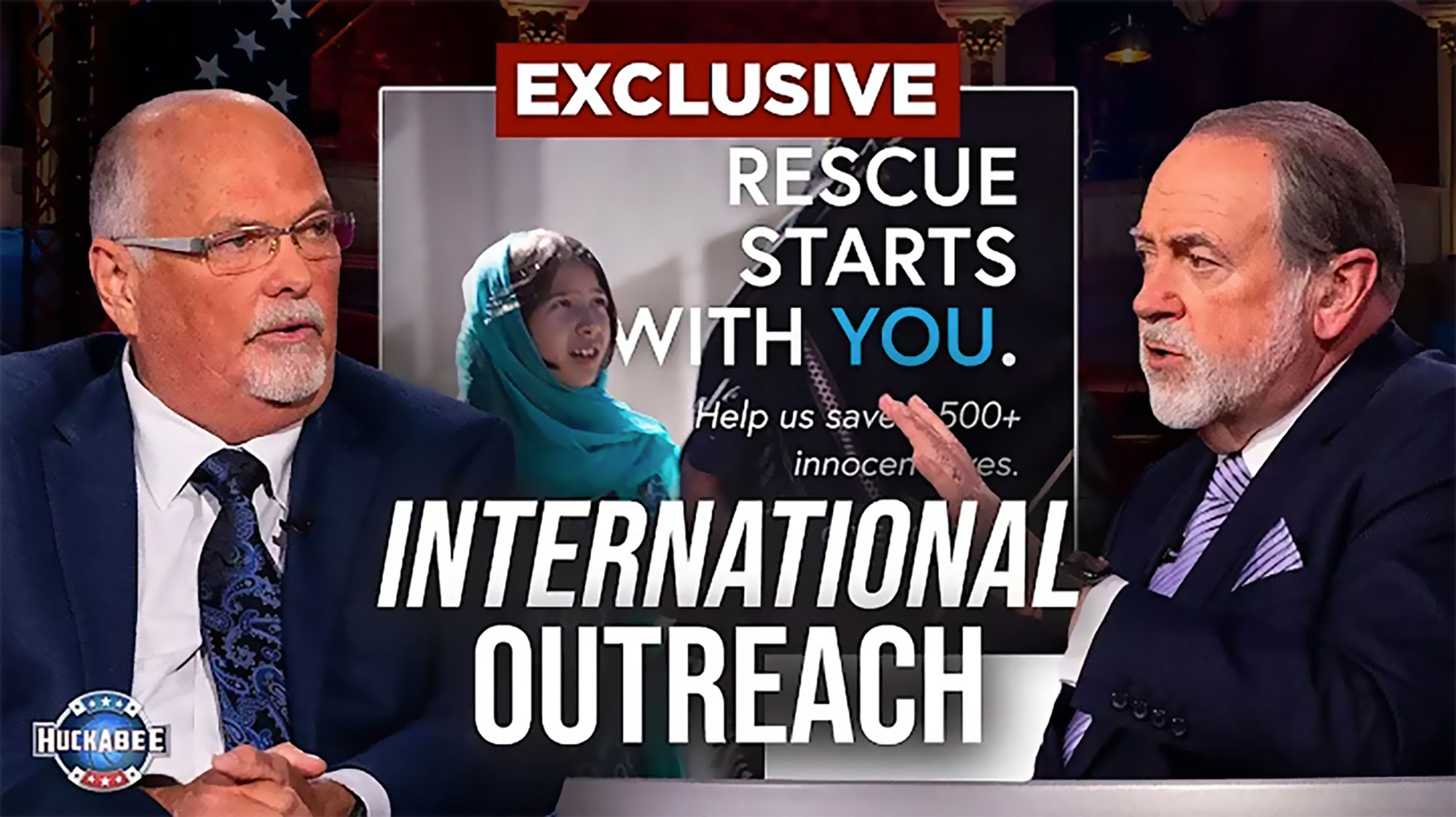
John Heerema is CEO of Biglife Global, a Christian discipleship mission active in 160 countries. Since the year 2000, their purpose has been to reach lost souls by shining Christ’s light into the world’s darkest…
Watch NowAll Categories

John Heerema reminds the world that true Christian fasting is not dieting, but surrendering our entire selves to our God.
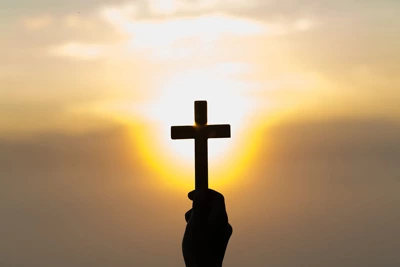
John Heerema shares reflections on God’s character and encourages believers to fix their eyes on Him in the coming year.
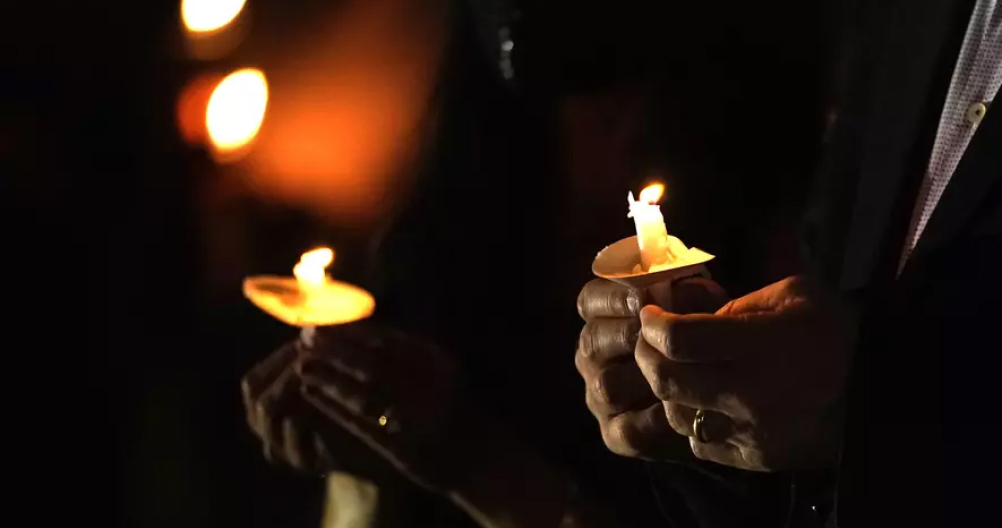
Biglife CEO and Founder, John Heerema, shares how the Christmas season is a time for waiting in anticipation to worship Jesus and his birth. For…
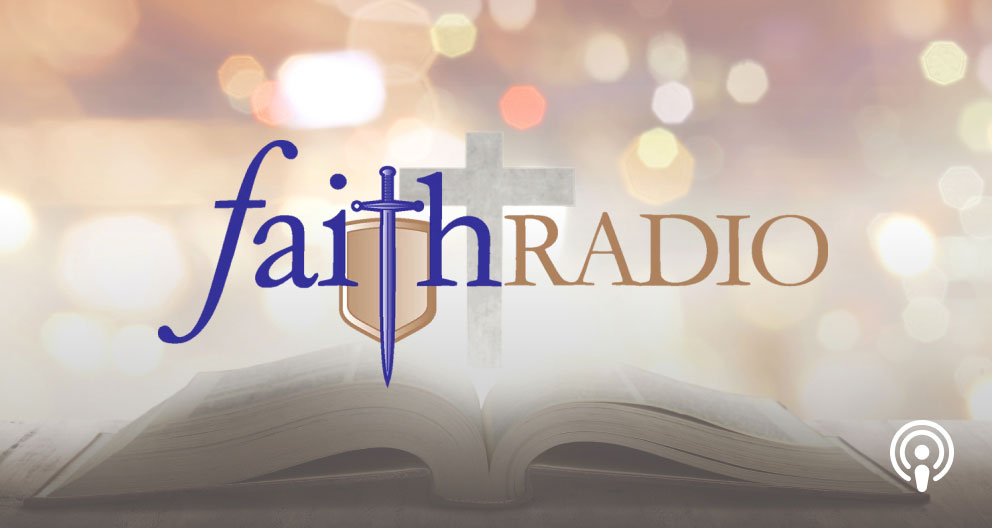
The CEO and Founder of the ministry organization, Biglife, John Heerema, discussed the model that the organization uses in training local leaders around the world…
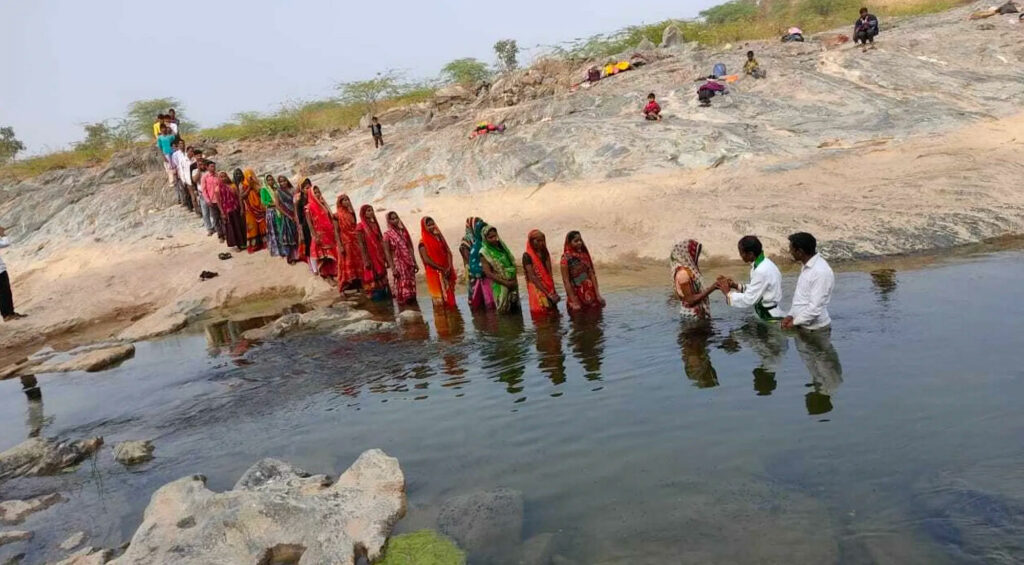
Yitzi Weiner interviews John Heerema, CEO of Biglife Global, as part of his series about “individuals and organizations making an important social impact,” published on…
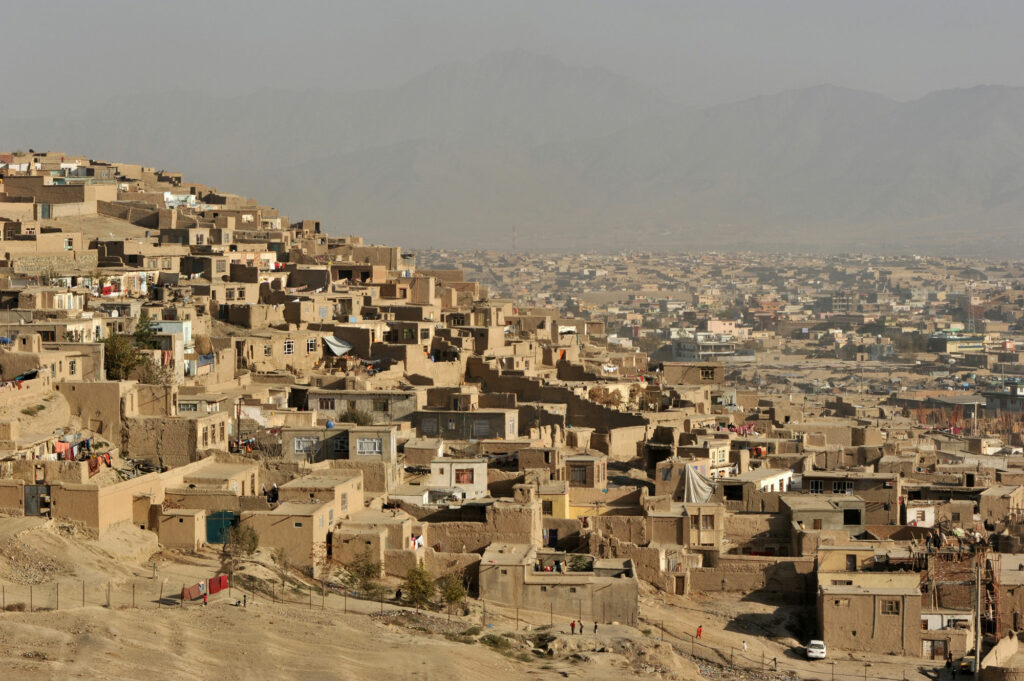
Biglife Global CEO and founder, John Heerema, shares how the ministry has spread the Gospel to Afghans while also providing humanitarian assistance and means for…

Biglife Global CEO and founder, John Heerema, shares how the ministry has spread the Gospel to Afghans while also providing humanitarian assistance and means for…
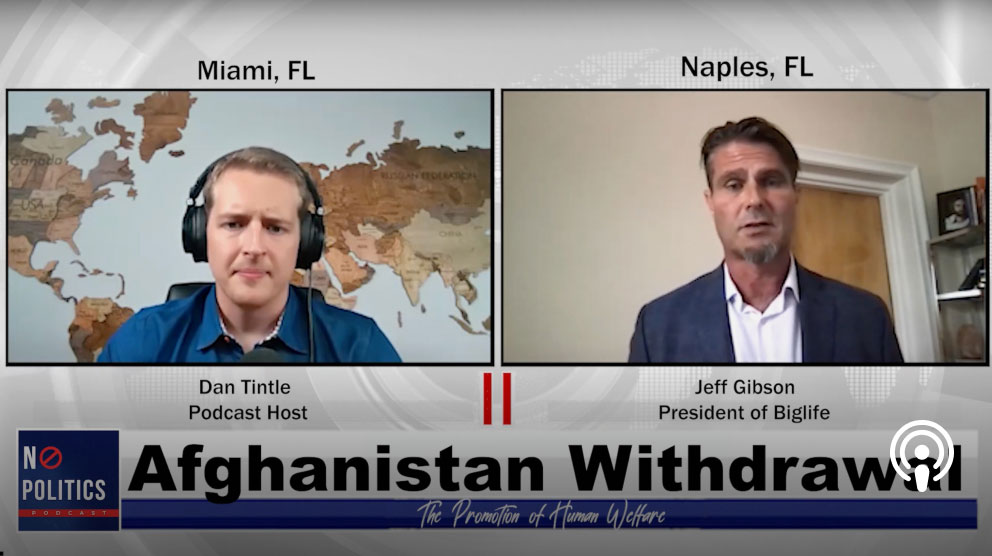
Promoting Christian aid in Afghanistan. Jeff Gibson, President of Biglife Global, joins the No Politics Podcast to discuss how the faith-based humanitarian organization has mobilized…
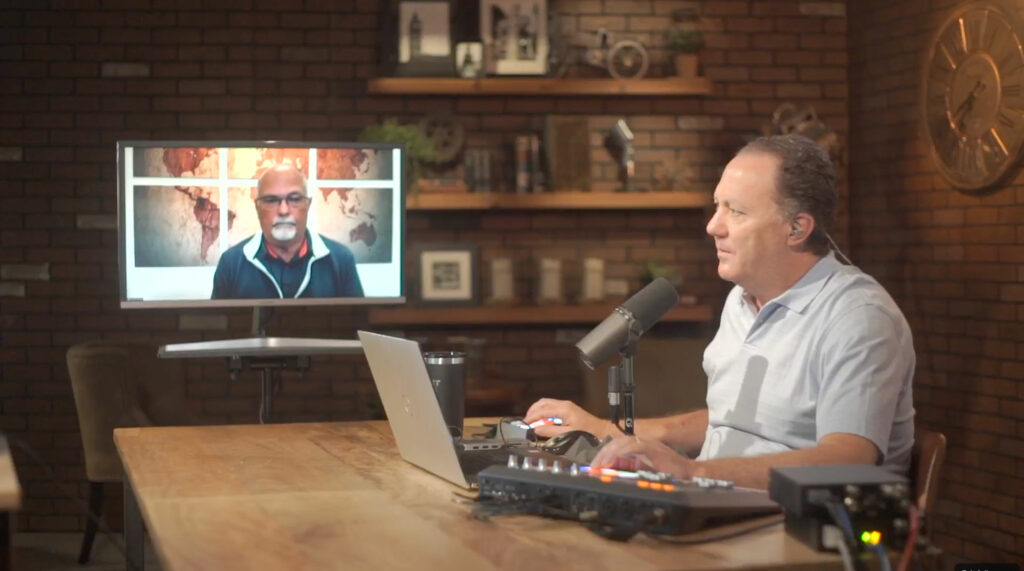
How chaos leads to opportunity. In this episode of Life Today TV, CEO of Biglife John Heerema, shares about the organization’s mission to train indigenous…
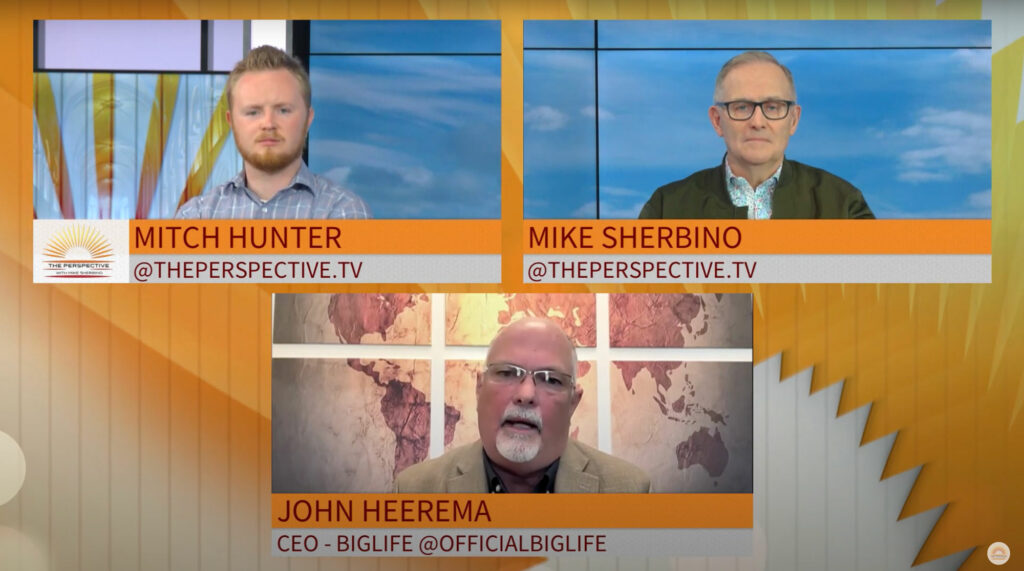
On this episode of The Perspective TV program, host Mike Sherbino and co-host Mitch Hunter speak to special guest, John Heerema, the CEO of Biglife…
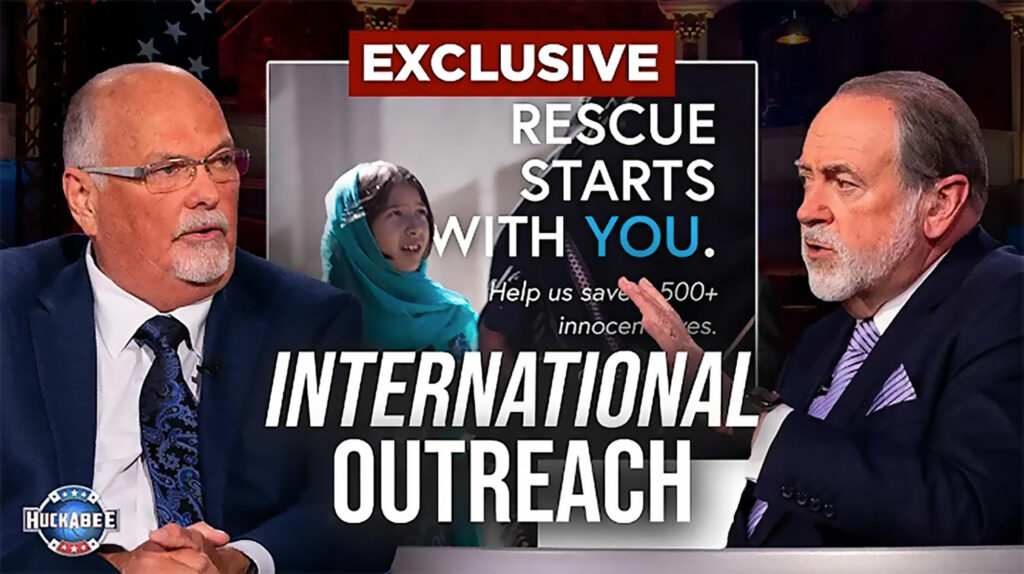
John Heerema is CEO of Biglife Global, a Christian discipleship mission active in 160 countries. Since the year 2000, their purpose has been to reach…
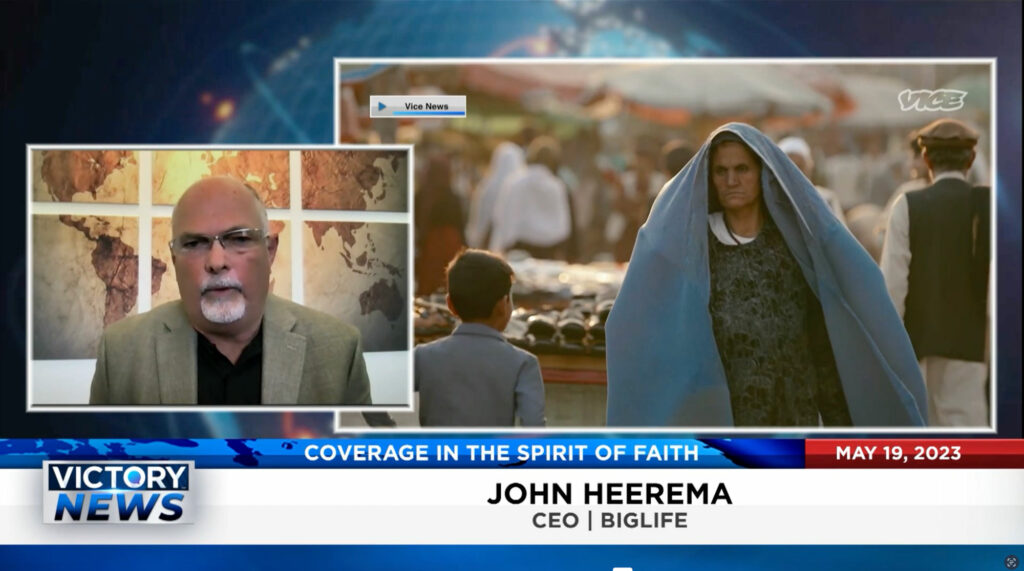
Victory News, a faith-based Christian program with messages of hope and healing from the Word of God, speaks with the CEO of Biglife Gobal, John…
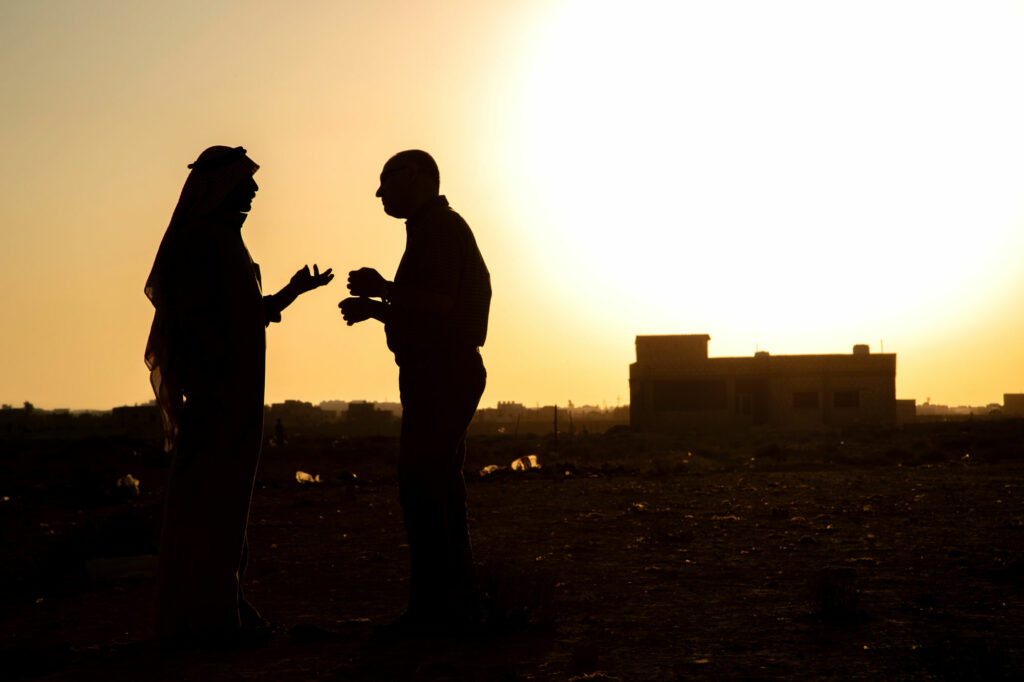
In CBN News Quick Start Podcast, news from a Christian perspective, we speak with John Heerema, the CEO of Biglife Global — talking about the…
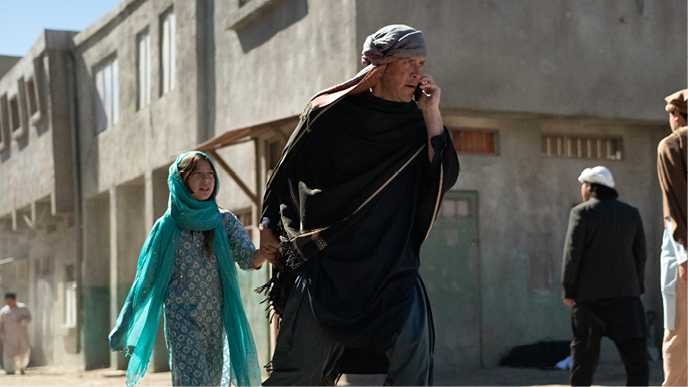
Biglife aims to raise $4.5 million to support indigenous leaders in rescuing Afghan families, providing essential resources for relocation efforts.
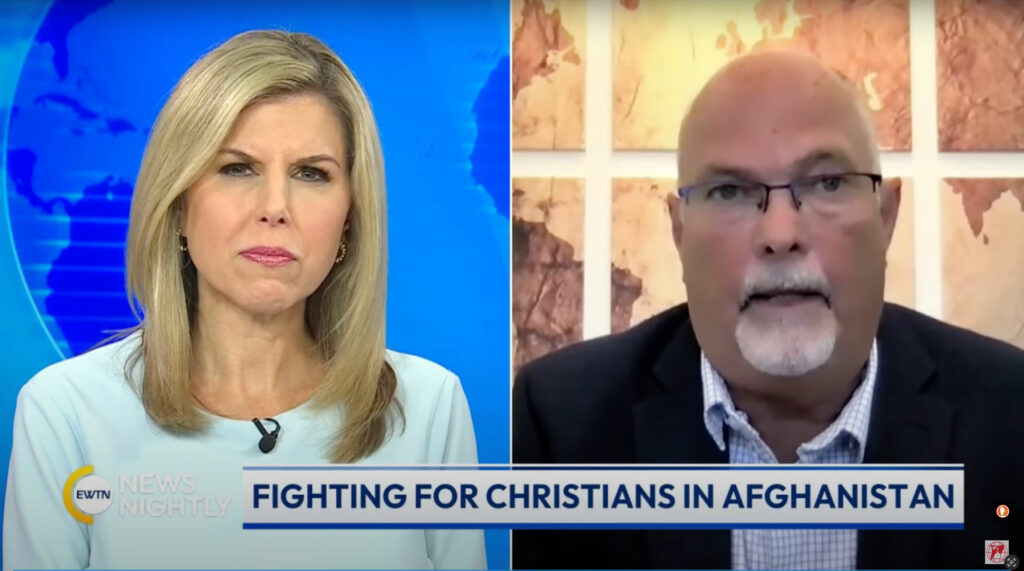
A report from the United Nations says Afghanistan’s Taliban rulers are carrying out public executions, stonings, and other types of punishments. The UN calls for…
